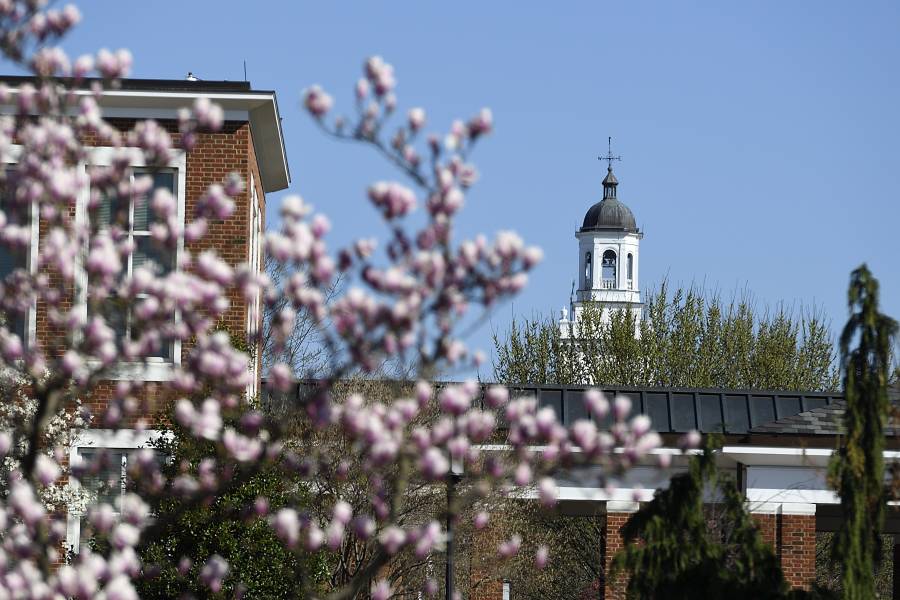In a testament to Johns Hopkins University's commitment to supporting first-generation college students, the university was recently recognized as a First-Gen Forward Institution by the Center for First-Generation Student Success.
The center recognizes higher education institutions that seek to improve the college experience for students who are the first in their families to go to college. As a recognized institution, Johns Hopkins will receive professional development opportunities, community-building exercises, and an inside look at the center's research and resources. Faculty and staff will also be given opportunities to engage with similarly committed peer institutions, and a First-Gen Forward workshop is planned for early June.
Johns Hopkins' support of first-generation students has been bolstered by generous philanthropic efforts, including the Daniels-Rosen First Generation Scholars Fund, an endowment established in 2017 by President Ronald J. Daniels and his wife, faculty member Joanne Rosen, that provides full financial support to four first-generation undergraduate students each year. The historic $1.8 billion gift from Michael R. Bloomberg in 2018 similarly paved the way for the university to establish need-blind admissions, providing increased access to a Johns Hopkins education based on students' academic and personal merit rather than their ability to pay.
Bloomberg's gift also led to the launch of the First Generation, Limited Income, or FLI, Initiatives in early 2019. Anchored within the Center for Student Success in Student Affairs, the initiatives support integrated wraparound services for FLI students, including academic mentorship and success coaching, professional development programs, and networking and community building opportunities for increased connection between current students, as well as with alumni, faculty, and staff.
Additionally, through partnerships with divisions and departments across the university, the FLI Initiatives work to create a more accessible, inclusive, and equitable experience for FLI students. The initiatives aim to position FLI students at the center of decision making when developing policies, practices, and culture both inside and outside the classroom.
Since the Bloomberg gift was announced, FLI enrollment has increased by over 7%, with FLI students representing 27.9% of 2022 incoming students.
Posted in University News








